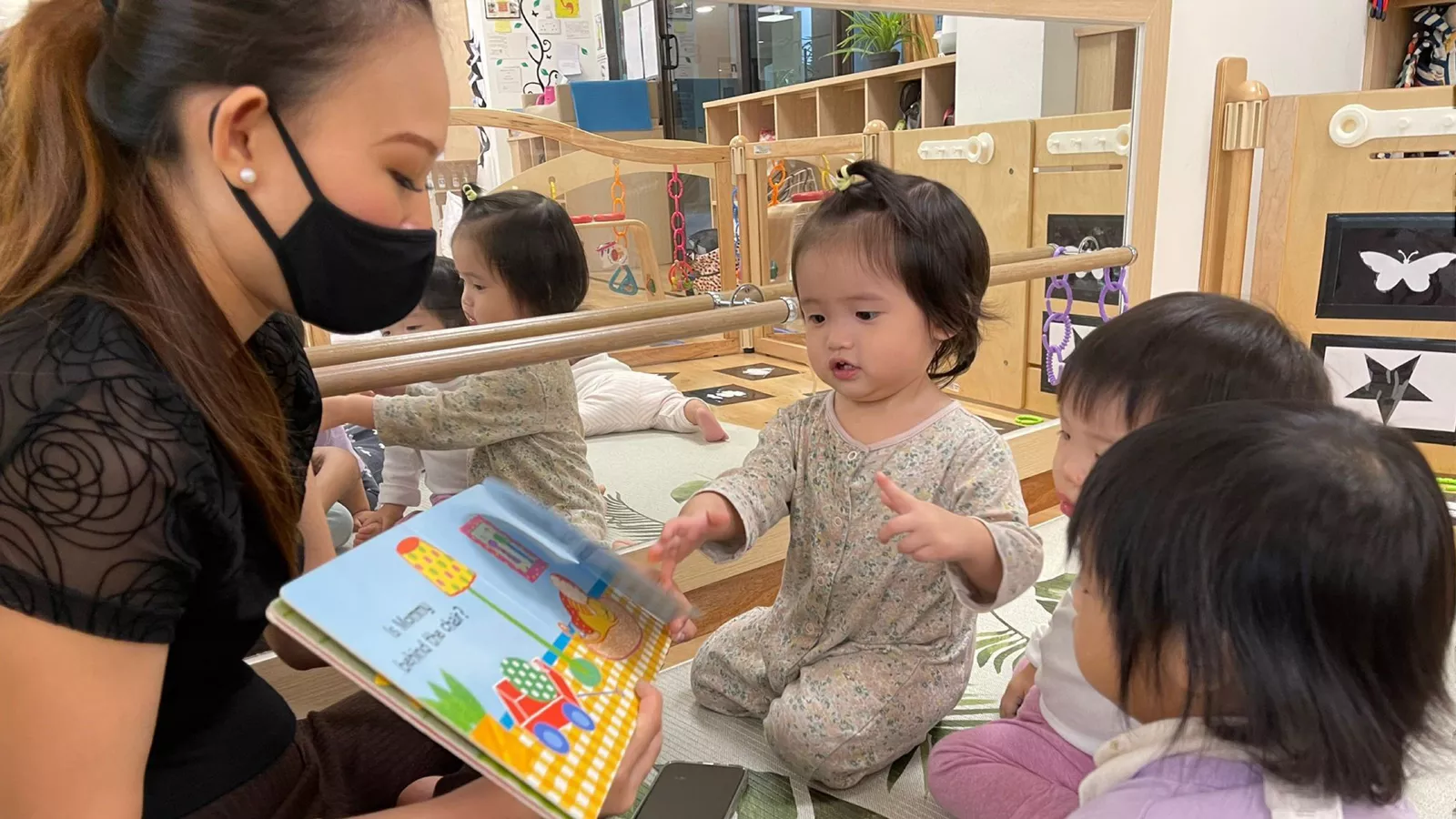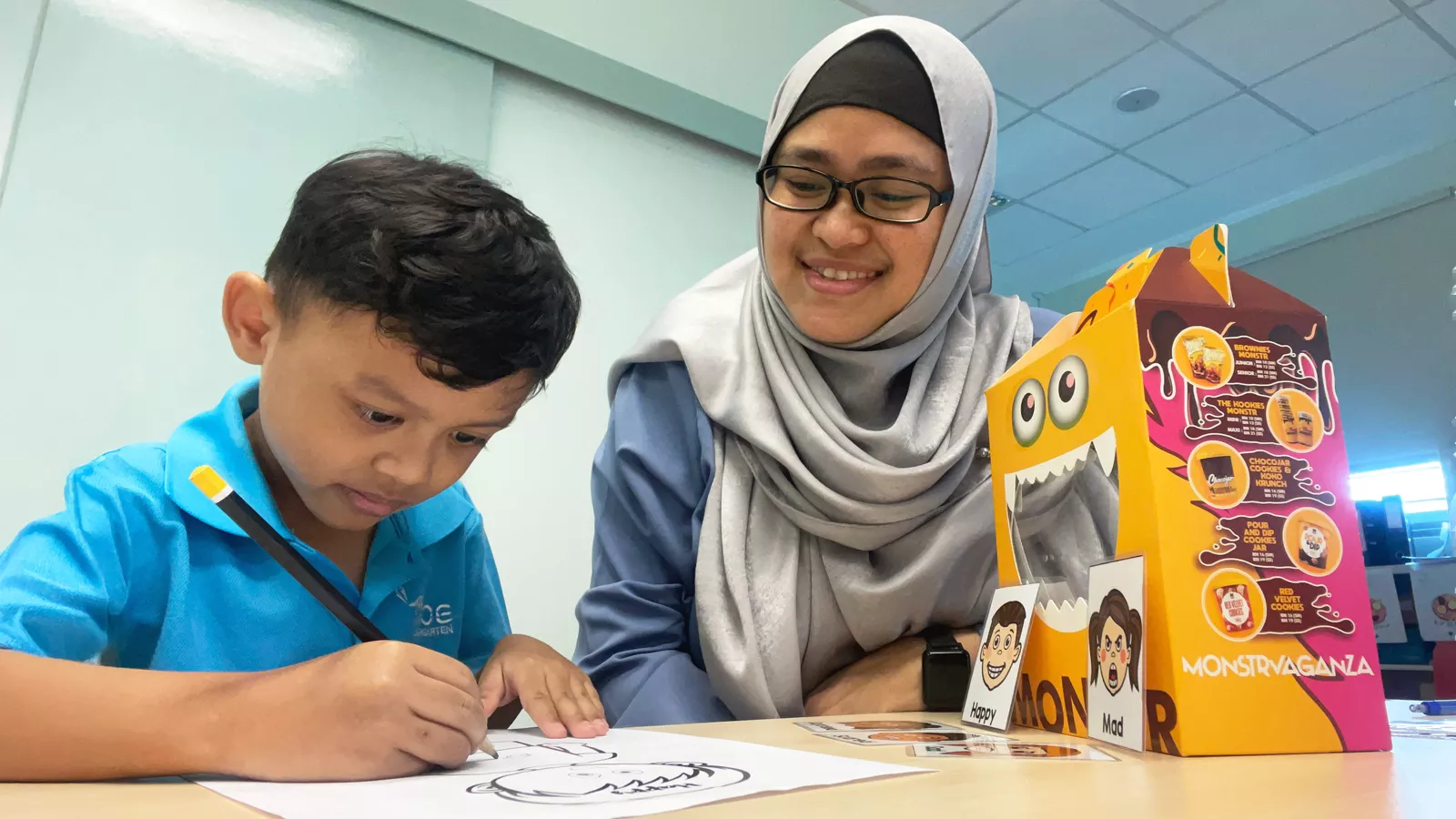Having a baby is an amazing, life-changing event. It can also feel like one of the toughest challenges, especially for first-time parents, to know if you are doing the right thing or if your child is developing as expected.
Child development is complex and varies between individuals and over time. “Each child is unique, developing differently and at different paces,” explains Dr Sita Padmini Yeleswarapu, Senior Consultant, Department of Child Development, KK Women’s and Children’s Hospital (KKH). “Understanding the different developmental stages can help allay some of the parental stress.”
Dr Padmini shares some aspects you may observe in your child from birth to 36 months.

EAT WELL, SLEEP WELL
To help children achieve these developmental milestones, good nutrition and adequate quality sleep are essential.
 Serve healthy foods to infants frequently and in small pieces to avoid potential choking hazards.
Serve healthy foods to infants frequently and in small pieces to avoid potential choking hazards.
KKH recommends these feeding strategies:
- Provide repeated exposure to healthy foods. Children’s food preferences are influenced by availability, accessibility, and familiarity.
- Avoid restricting food excessively. It could lead to increased preference and overconsumption of such foods when they become available.
- Do not use food as a reward or to comfort your child. This may distort their views about food.
Some sleep tips from KKH:
- Establish a consistent sleep-wake schedule. Set regular times for taking naps, going to bed, and waking up.
- Create a bedtime routine. Have 10 to 15 minutes of pre-bedtime quiet activities for your child to unwind, such as brushing teeth, changing into pajamas, and reading a story.
- Bring a favorite object to bed. A blanket or toy can provide security and comfort to your child and minimise bedtime fears.
 Be present and engaged in your interactions with infants to build a connection.
Be present and engaged in your interactions with infants to build a connection.
BOND WITH BABY
Parents with concerns about their children’s development are encouraged to consult a doctor. But no matter how the child is developing, the most crucial way to support them is by spending time with them. “Parents are their children’s first and best playmates,” says Dr Padmini, advising parents to get active and play with their little ones.
For instance, get down on the floor with your baby during tummy time. Encourage crawling by placing toys just out of reach. Introduce action-based nursery rhymes. As your child grows older, engage in craft work and other activities together. While doing all these, be mindful of your words and actions, as children look up to their parents as role models.








